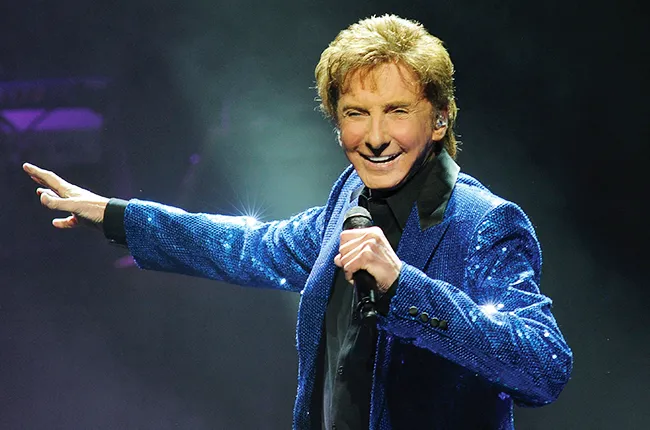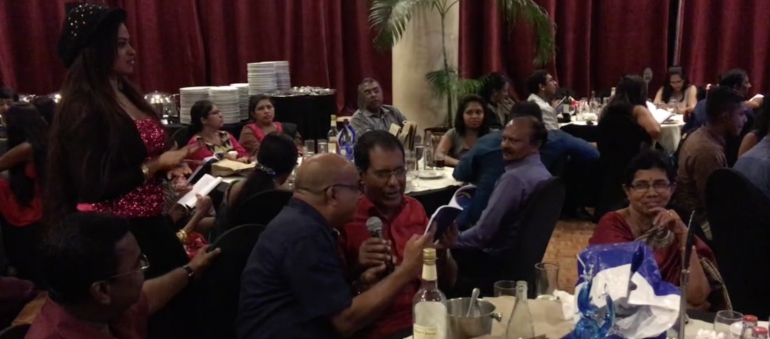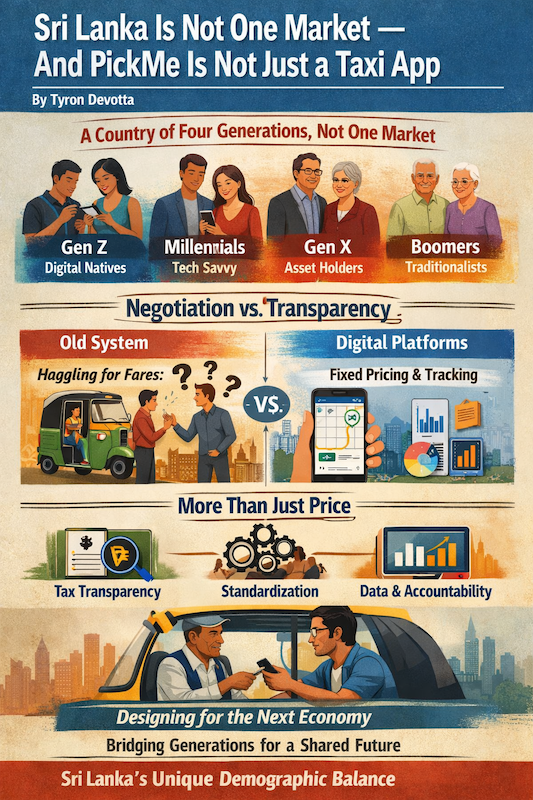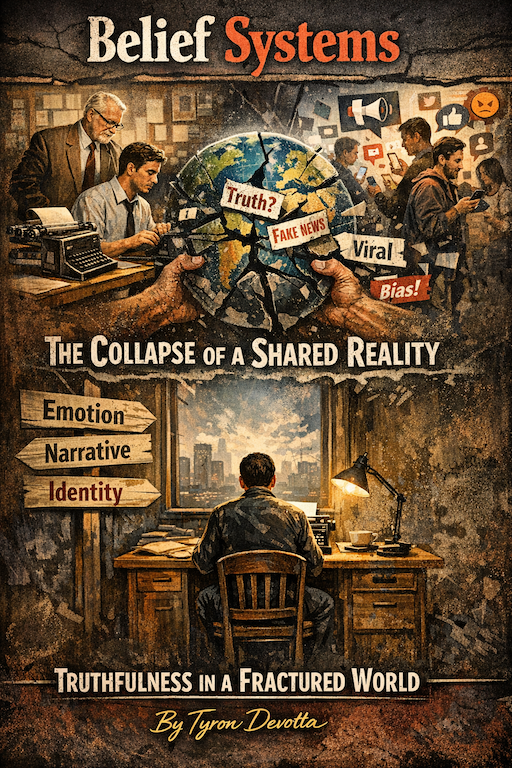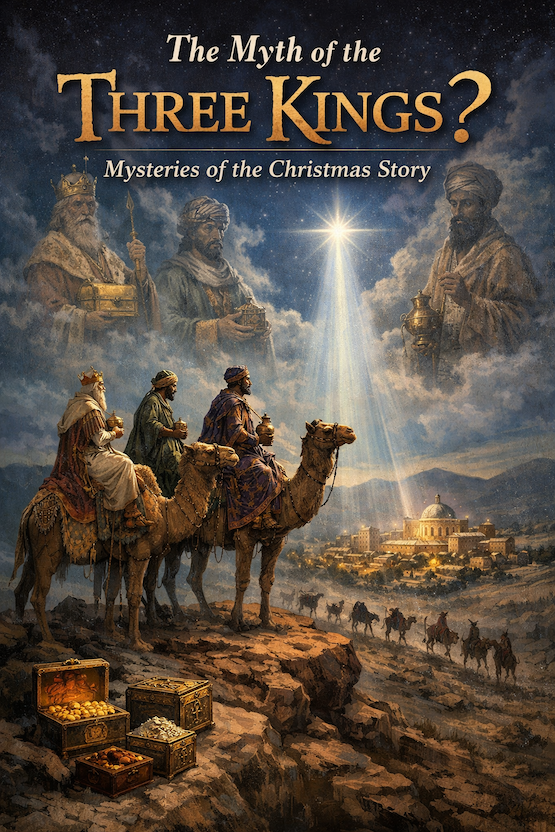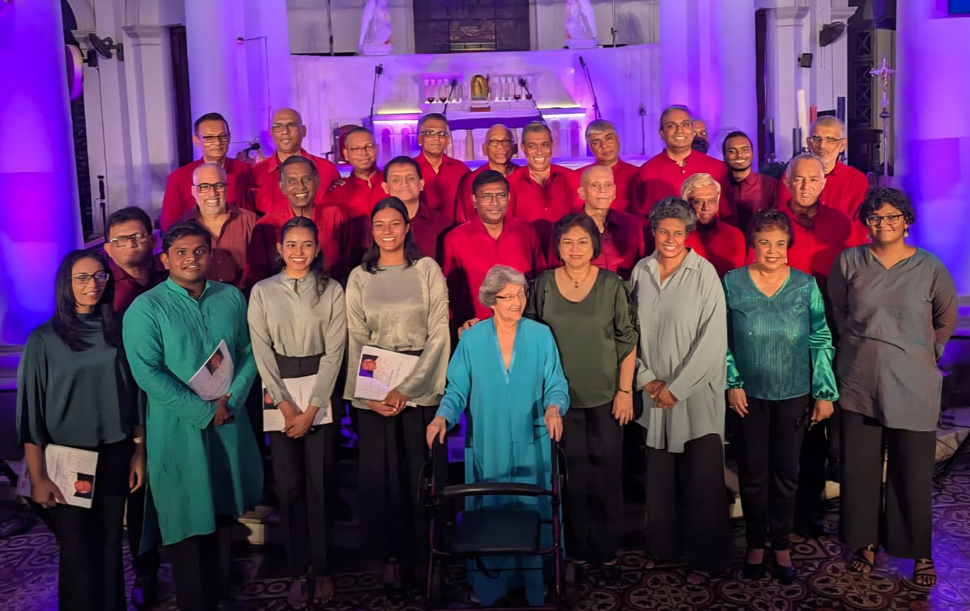There’s a moment many Barry Manilow fans remember: him on stage, pulling a woman from the audience, singing to her, and she—like so many others—utterly gone with love, adoration, and a sort of timeless pop-star devotion. His voice, his stage presence, and his emotionally-charged lyrics were magnetic to generations of women. And then, years later, came the revelation: Barry Manilow was gay. Not only gay, but quietly married to his longtime manager Garry Kief for years.
And something remarkable happened.
Not outrage. Not disappointment. But applause.
Why? How does a pop icon, long held up as a romantic figure for millions of women, reveal his truth—and get embraced even more deeply for it?
Behind the Curtain: A Different Kind of Love
For decades, Barry Manilow cultivated an emotional bond with his fans through songs like “Mandy,” “Can’t Smile Without You,” and “Weekend in New England.” His music was never macho, never predatory. It was tender. It ached. It longed. And in that vulnerability, women didn’t just see a lover—they saw a mirror of their own emotions.
Take “Mandy,” for example:
“A shadow of a man / A face through a window / Crying in the night…”
Those lyrics, especially when viewed through the lens of Manilow’s private struggles, take on a haunting poignancy. Even though he didn’t write them, his performance imbued them with the raw ache of someone hiding in plain sight—someone singing of love lost, possibly never truly found because it had to be concealed.
It wasn’t just that he sang to women. He sang with them. He shared their heartbreak, their yearning, their hope.
The Psychology of Devotion and Grace
From a psychological perspective, female fans often form what psychologists call parasocial relationships—one-sided but emotionally real bonds—with male celebrities. These attachments are less about romantic realism and more about emotional resonance and trust. When that bond is based on vulnerability, empathy, and shared emotional space, it transcends physical desire or traditional gender expectations.
So when Manilow came out, it didn’t feel like a betrayal. It felt like a liberation—his, and theirs. He had trusted them with his truth, and they gave him love in return.
Why Women Embraced Him Even More
1. They suspected—and they didn’t care.
Many longtime fans had always felt Barry was “different.” But in a culture that once demanded silence, they chose to love the music and the man for who he was, not who he loved.
2. His love songs still spoke to their hearts.
Being gay didn’t make “Even Now” less about longing, or “I Made It Through the Rain” less about resilience. In fact, they meant more, knowing the artist behind them had lived those emotions in quiet struggle.
3. They admired his courage.
Coming out at 73 after decades in the spotlight wasn’t just brave—it was graceful. Women, especially of his generation, understood what it meant to hide for survival. His truth gave theirs a kind of validation too.
The Bigger Picture: Pop Icons, Projection, and Acceptance
Manilow isn’t alone. From Liberace to Elton John, George Michael to Ricky Martin, many artists once adored by women later came out as gay. But the public reaction has shifted dramatically over the decades. Earlier eras often saw confusion or betrayal. Today, fans—especially women—are more emotionally mature, more attuned to authenticity, and far more supportive of personal truth.
Barry’s story is part of a broader cultural evolution. We no longer require our idols to fit into rigid boxes. We want them to be human. And when they are, we don’t push them away—we pull them closer.
Final Note: The Man Behind the Music
When Barry Manilow finally came out publicly in 2017, he said:
“I thought I would be disappointing them if they knew I was gay. So I never did anything.”
But he underestimated the depth of the bond he had built. Because in the end, his fans—especially the women who’d loved him for decades—didn’t fall for a fantasy. They fell for the feeling. For the music. For the truth. And when the man behind the songs stepped into the light, they were still there, clapping, cheering, singing along.
Just like they always had.


